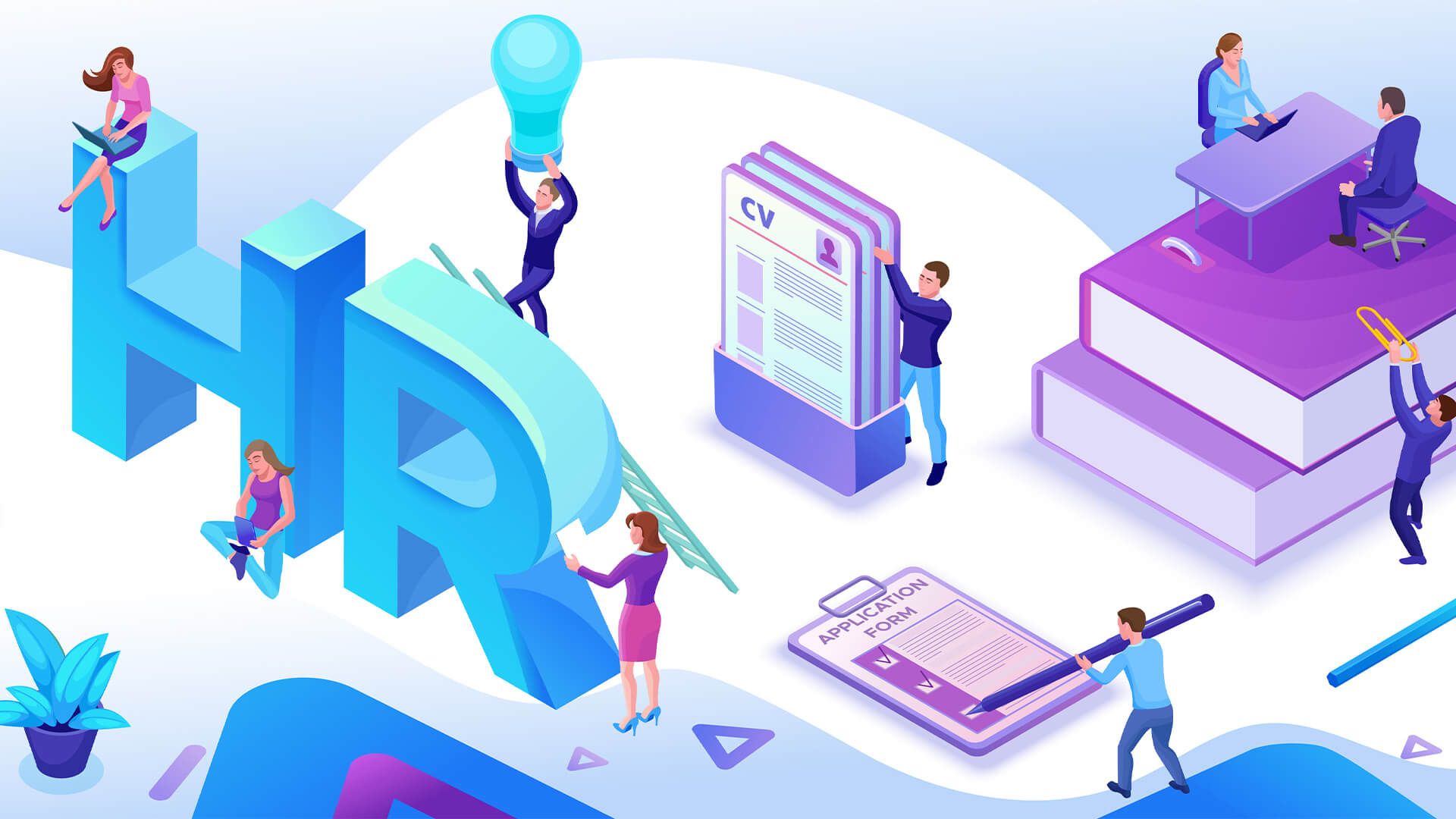The world of human resources is evolving rapidly, driven by technology that enhances employee experience, improves processes, and streamlines recruitment. Understanding the top trends in HR technology will help companies stay competitive, efficient, and innovative. As organizations adapt to new ways of working, leveraging these technologies will be crucial to success.

1. Artificial Intelligence and Machine Learning
AI and machine learning are reshaping HR operations and transforming how HR professionals approach key tasks.
1.1 Automating Recruitment Processes
One of the biggest trends in HR technology is the use of AI to automate recruitment. AI-powered systems can screen resumes, assess candidates’ skills, and even conduct preliminary interviews. This speeds up the hiring process and ensures that HR professionals spend more time with the most qualified candidates. Automation also reduces bias, resulting in fairer hiring decisions.
1.2 Personalized Employee Experiences
AI also plays a role in creating personalized experiences for employees. From chatbots that answer HR-related queries to tools that recommend personalized development opportunities, AI is transforming employee engagement. Machine learning algorithms analyze employee data to understand their needs and tailor communication, training, and development plans accordingly.
2. Employee Wellness Technology
The focus on employee wellness has grown significantly, especially with the rise of remote work and changing work environments.
2.1 Mental Health Platforms
With the mental health of employees becoming a top priority, wellness platforms are one of the growing trends in HR technology. These platforms provide resources such as virtual counseling, mental health assessments, and wellness training. Employers are integrating these tools to support employee well-being, reduce stress, and prevent burnout.
2.2 Fitness and Wellness Apps
Many companies are also offering wellness apps that track physical activity, promote mindfulness, and provide health tips. By supporting the overall well-being of employees, organizations foster a healthier, more productive workforce. These apps are especially useful in keeping remote teams connected and engaged with corporate wellness initiatives.
3. Remote Work Solutions
The rise of remote work has significantly influenced trends in HR technology, with tools that support collaboration and productivity becoming essential.
3.1 Virtual Collaboration Tools
With teams working from different locations, virtual collaboration tools have become indispensable. Platforms like Slack, Microsoft Teams, and Zoom allow employees to communicate in real-time, share documents, and collaborate on projects from anywhere. These tools ensure that work continues seamlessly, no matter where employees are based.
3.2 Cloud-Based HR Systems
Cloud-based HR systems are another key trend in HR technology. They allow HR professionals to manage employee data, track performance, and handle payroll from anywhere. Cloud systems provide flexibility, scalability, and security, making it easier for companies to adapt to remote work and decentralized teams.
4. Employee Engagement and Retention Tools
Boosting employee engagement and retention is more important than ever, and HR technology is rising to the challenge.
4.1 Continuous Feedback Platforms
Gone are the days of annual performance reviews. One of the most impactful trends in HR technology is the rise of continuous feedback platforms. These tools allow managers and employees to provide real-time feedback, fostering an open culture of communication. This helps identify areas for improvement quickly and supports employee growth.
4.2 Employee Recognition Software
Recognizing employee achievements is a powerful way to boost morale and retain top talent. Employee recognition software enables teams to acknowledge colleagues’ efforts, celebrate wins, and build a positive work culture. These platforms often integrate with collaboration tools, making recognition visible across the organization.
5. Data-Driven Decision Making
Data analytics is playing an increasingly important role in HR decision-making, from recruitment to employee retention strategies.
5.1 Predictive Analytics
Predictive analytics is one of the emerging trends in HR technology, enabling companies to forecast employee turnover, performance trends, and hiring needs. By analyzing past data and identifying patterns, predictive tools help HR professionals make more informed decisions, reducing risks and improving outcomes.
5.2 Workforce Analytics
Workforce analytics tools provide HR with insights into employee behavior, productivity, and engagement levels. These insights allow HR teams to implement targeted interventions that address challenges such as low engagement or high turnover rates. By using data-driven strategies, organizations can optimize their workforce and create better employee experiences.
Conclusion
In conclusion, the top trends in HR technology—ranging from AI-driven recruitment and wellness platforms to data analytics and remote work solutions—are revolutionizing the way organizations manage their people. By staying ahead of these trends, companies can create a more efficient, engaging, and inclusive workplace. As technology continues to evolve, HR professionals must embrace these tools to enhance productivity, support employee well-being, and drive organizational success. Ultimately, the future of work is shaped by how well we integrate and leverage these innovations in HR.




